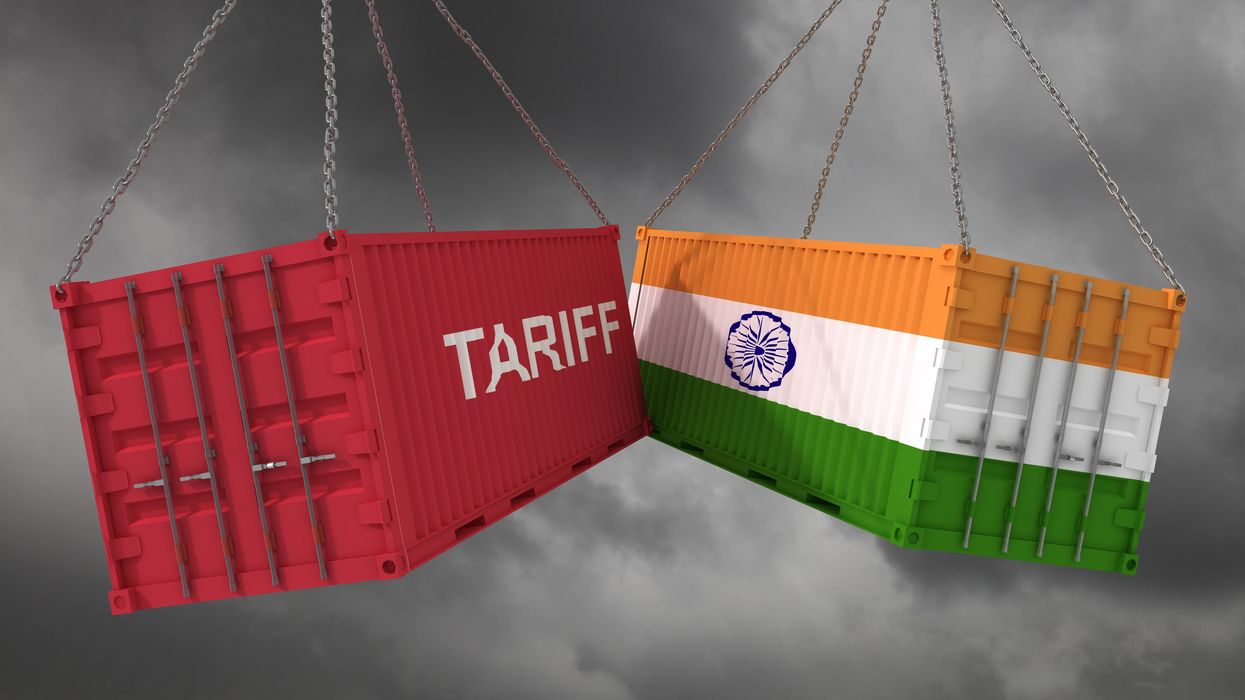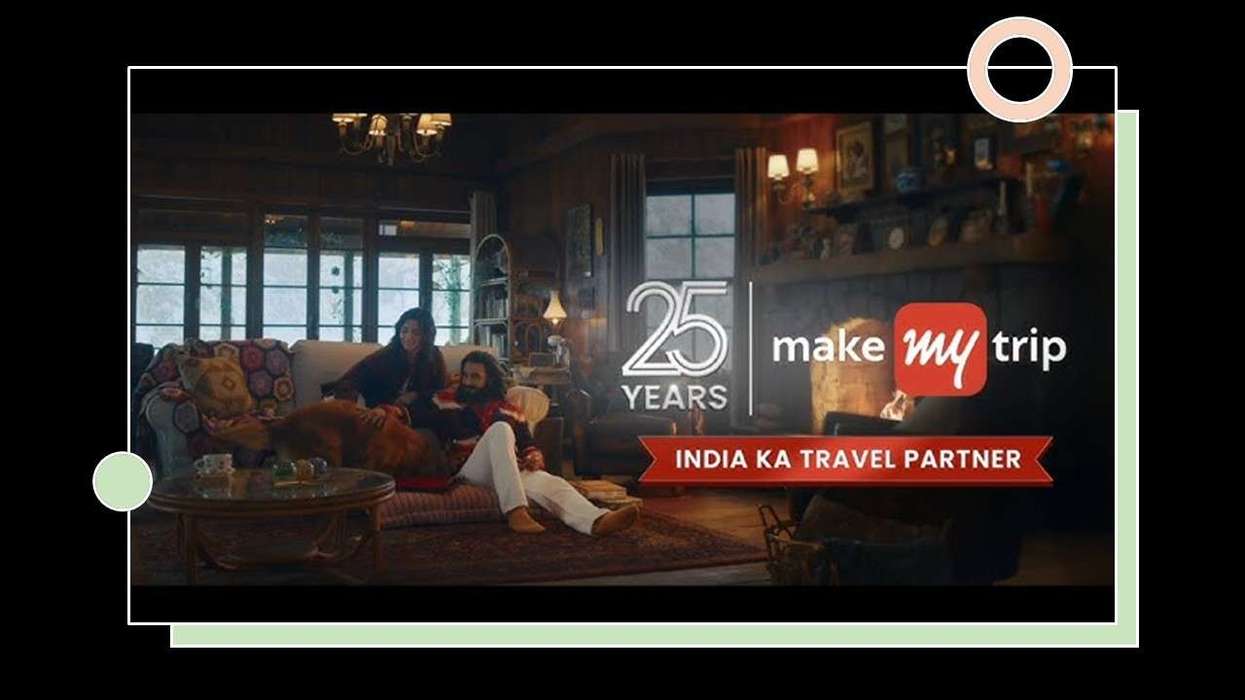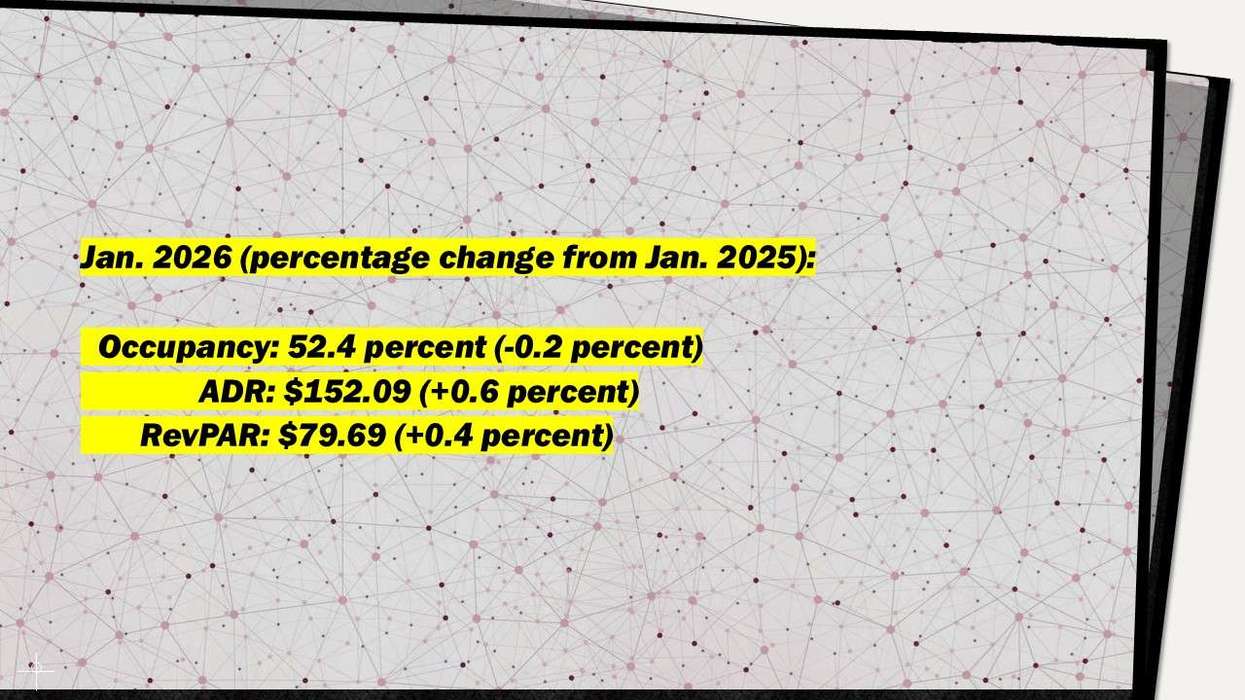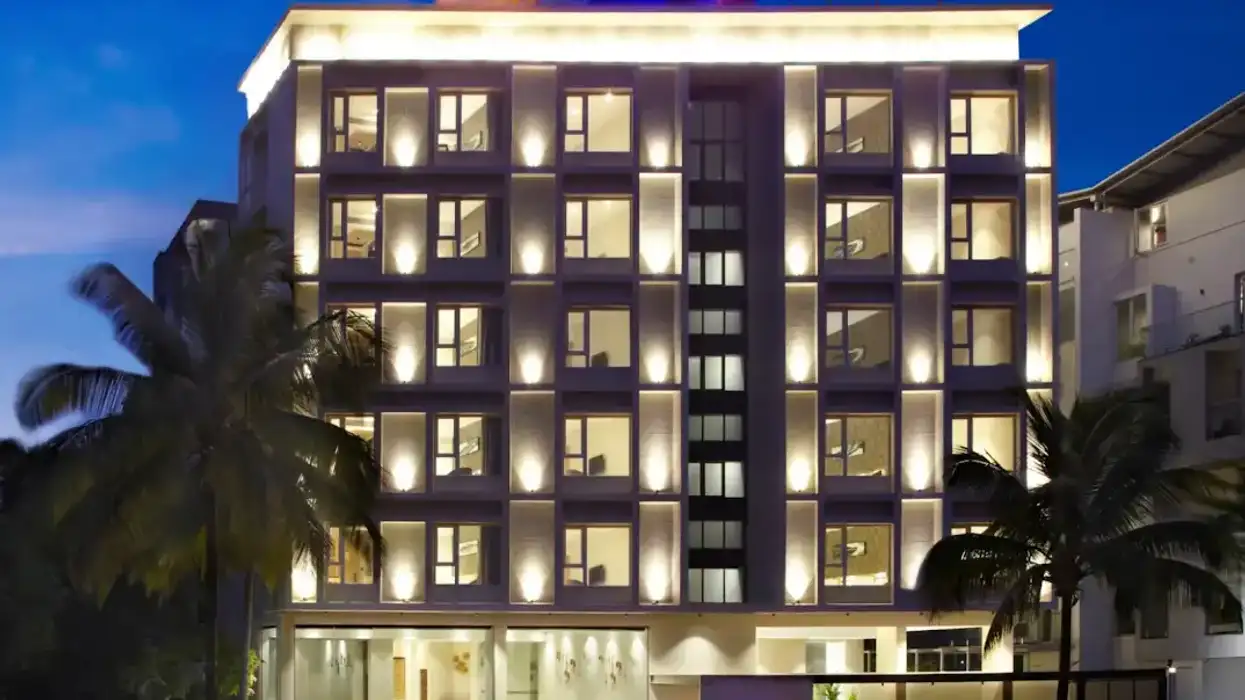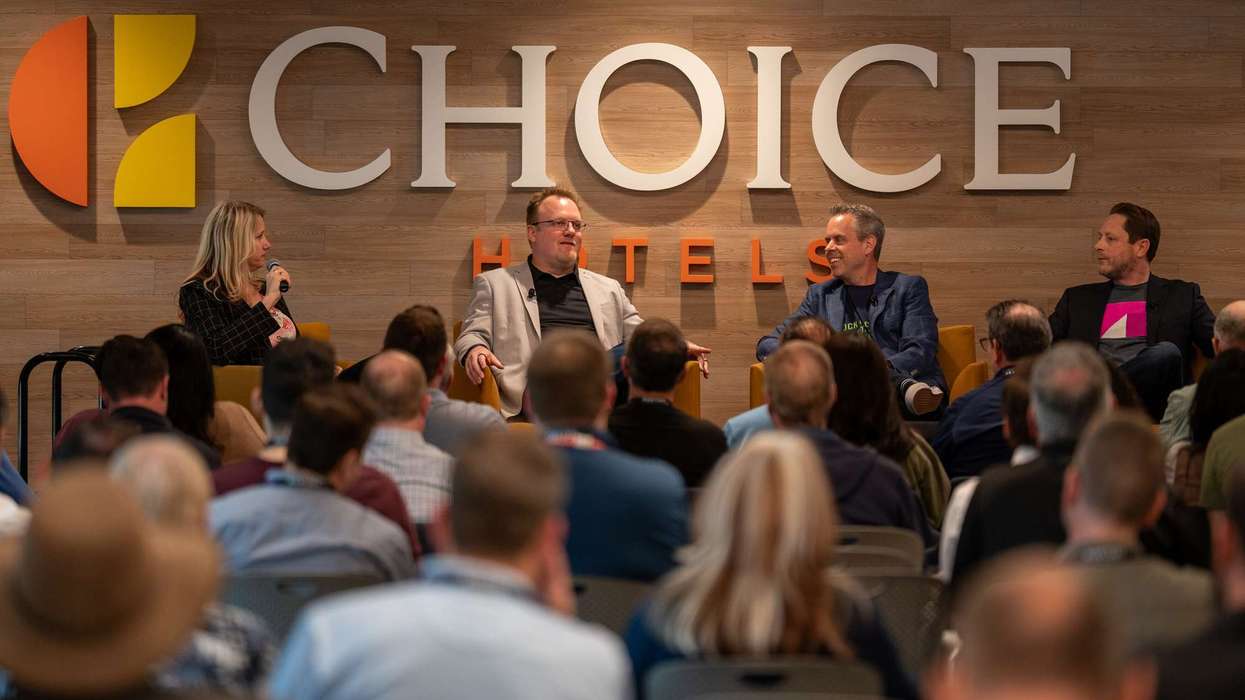Summary:
- Trump’s 50 percent tariff on Indian goods took effect on Aug. 27.
- Hospitality businesses in both countries could be hit.
- U.S. treasury secretary calls the India-U.S. relationship “very complicated” but expects resolution.
PRESIDENT DONALD TRUMP’S 50 percent tariff on Indian goods took effect Wednesday, while Prime Minister Narendra Modi urged citizens to follow the “Vocal for Local” policy and Swadeshi mantra in his Aug. 15 Independence Day address. Beyond exports such as textiles, the U.S. measure is likely to affect travel, tourism and hospitality in both countries.
Goods imports from India were $87.3 billion in 2024, up 4.5 percent, or $3.8 billion, from 2023, according to the U.S. Trade Representative.
The Global Trade Research Initiative told the Financial Times that Indian exports to the U.S. could fall from $86.5 billion this year to about $50 billion in 2026. Textiles, gems, jewelry, shrimp and carpets are expected to be most affected, with exports in these sectors projected to drop 70 percent, “endangering hundreds of thousands of jobs.”
Meanwhile, India also began outreach programs in 40 markets, including the UK, Japan and South Korea, to increase textile exports, Economic Times reported. Officials said 40 select markets, including the UK, Japan, South Korea, Germany, France and Australia, “hold the real key to diversification.” These countries import more than $590 billion in textiles and apparel annually, while India’s current share is around 5 to 6 percent.
‘Trade embargo’
The duties, 16 percentage points higher than China, 31 points higher than most Southeast Asian countries and 35 points above South Korea, have raised U.S. tariffs on Indian goods to levels Nomura described as a “trade embargo,” the Guardian reported.
However, the U.S. hotel associations, including the AAHOA and the American Hotel & Lodging Association, have not commented, though the tariffs raise costs for imported furniture, textiles and kitchen supplies. Higher costs may also increase guest prices, delay renovations and reduce profitability.
The tariff increase may also affect U.S. companies operating in India, including Hilton Hotels & Resorts, Marriott International, Wyndham Hotels & Resorts and Choice Hotels International, all of which have announced expansion plans. Tesla recently opened an outlet in Mumbai.
‘Vocal for Local’
Prime Minister Narendra Modi urged traders and shopkeepers to follow the “Vocal for Local” mantra and buy Indian products, saying this will keep money within India, The Hindu reported.
“Have faith in Indian goods. If you are Indian, buy only goods made in India. Choose items made in India, by Indians,” he said at an event in Delhi. “I want to appeal to my fellow traders and shopkeepers: support me in following the mantra of ‘Vocal for Local’. This will benefit the country and the money spent on the goods you sell will stay within India.”
Modi also highlighted India’s progress in manufacturing, saying 11 years ago the country imported most phones.
“Today, the majority of Indians use Made in India phones,” he said. “Each year we produce 30–35 crore mobile phones and we are also exporting them.”
On Independence Day, Modi emphasised self-reliance under Atmanirbhar Bharat across defence and energy, with initiatives in solar, hydrogen and nuclear power. He announced a Reform Task Force to boost economic growth, reduce red tape, modernise governance and prepare India for a $10 trillion economy by 2047.
Howdy Modi backfires
Congress MP Manickam Tagore criticised Modi over the “Howdy Modi” event, saying India has suffered export losses after the U.S. imposed the double tariff.
“Modiji, remember your slogan ‘Abki Baar, Trump Sarkar’?” he wrote on X. “Today, that ‘friendship’ has cost India Rs 2.17 lakh crore in export losses as the U.S. imposes a 50 percent tariff. Your PR politics = India’s economic disaster.”
Tagore said farmers, MSMEs and exporters are bearing the brunt.
“Farmers, MSMEs and exporters are affected: textile exports from Tiruppur, Surat, and Noida face 5 lakh job losses; the gems and jewellery sector is losing 2 lakh jobs; 3 million livelihoods of Andhra Pradesh shrimp farmers are at risk,” he said. “All due to Modi’s failed diplomacy and slogans abroad.”
‘U.S.-India will unite’
U.S. Treasury Secretary Scott Bessent described the India-U.S. relationship as “very complicated” but expressed hope that “at the end of the day, we will come together.”
“President Trump and Prime Minister Modi have good relationships at that level,” he said in an interview with Fox Business. “And it’s not just over Russian oil. India is the world’s largest democracy, and the U.S. is the world’s largest economy. I think at the end of the day, we will come together.”
